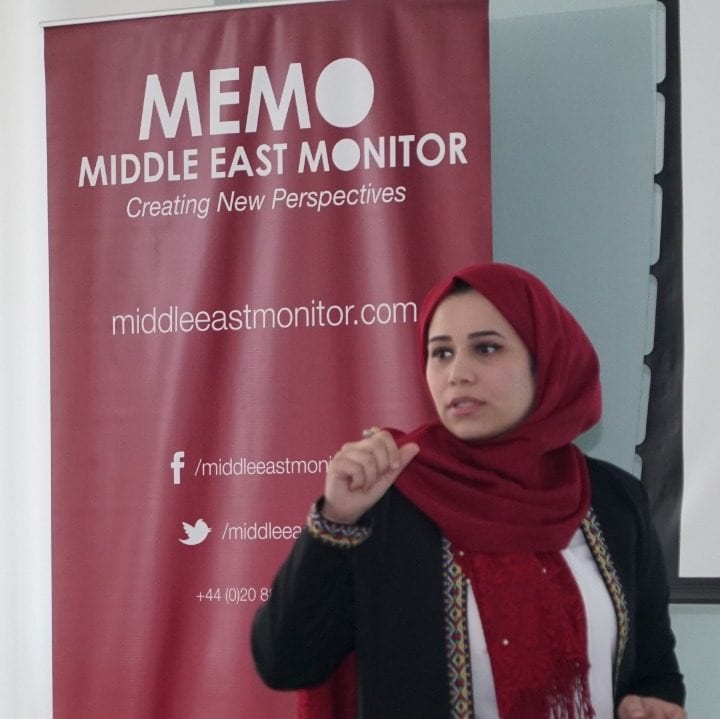In a surge of national and international concern, Brazil finds itself at the heart of growing global condemnation following the detention of Thiago Ávila, a prominent Brazilian activist, by Israeli forces. Ávila was aboard the humanitarian vessel Madleen, part of the Freedom Flotilla Coalition, when it was intercepted by the Israeli navy in international waters en route to the besieged Gaza Strip. The ship’s mission was to deliver essential humanitarian aid—such as food, water, and medical supplies—and to show solidarity with Palestinians living under Israel’s genocide and 17-year blockade of Gaza.
The vessel carried 12 international activists, including Ávila and Swedish environmental activist Greta Thunberg. Their detention has ignited widespread condemnation and raised serious questions about Israel’s continued restrictions on humanitarian access to Gaza.
The Brazilian Ministry of Foreign Affairs (MRE) swiftly responded, issuing a statement on Monday, 9 June, demanding the immediate release of all detained activists. The ministry reaffirmed Brazil’s support for the principle of freedom of navigation in international waters and called on Israel to comply with its international obligations as an occupying power, including the immediate removal of restrictions on the entry of humanitarian aid into the Palestinian enclave.
“Recalling the principle of freedom of navigation in international waters, The Brazilian government calls on Israel to release all members of the humanitarian mission detained during the interception of the vessel,” the statement said.
It also confirmed that Brazil’s embassies in the region remain on alert to provide consular assistance, if necessary, in line with the Vienna Convention on Consular Relations.
Ávila’s detention has sparked a wave of solidarity and protest. Civil society organisations, human rights defenders, and political leaders have condemned the Israeli operation. Mass mobilisations and online campaigns have surged under hashtags like #FreeTheMadleenCrew and #SolidarityWithGaza, with many Brazilians viewing the incident not only as an attack on a fellow citizen but also as a test of international law, human rights, and humanitarian accountability.
The incident has become a rallying point, intensifying Brazil’s call for the protection of humanitarian workers and for the international community to address the deteriorating humanitarian crisis in Gaza with urgency and moral clarity.
I interviewed Thiago Ávila last August, when he briefly returned to Brazil after the flotilla made a temporary stop for technical repairs. He spoke with determination and clarity: “We will sail until Palestine is free.”
When I spoke with him again last week aboard the Madleen, Ávila was full of energy and purpose, dreaming of the moment he would finally reach Gaza, even as Israeli bombs continued to fall on Palestinian civilians. “We’re now sailing with activists from more than 12 nationalities, united by hope and solidarity,” he said. “As a catastrophic famine unfolds across Gaza, evidence of heinous physical violence by the Israeli forces continues to emerge. The Israeli and US-backed genocide carries on with impunity. People power remains as integral to the cause as ever. It really is up to us to shape a new world.”
With over 840,000 followers on Instagram, Ávila has spent the past 19 years advocating for what he calls a “society of good living”—a world rooted in social and economic justice, environmental balance, and solidarity. In recent months, he has focused on amplifying Palestinian voices and mobilising support for an end to the siege and the broader occupation.
His commitment is not without personal sacrifice. He left behind his one-year-old daughter, Teresa, to join the mission. “The day I left home, my eyes were filled with tears just thinking that I wouldn’t be with Teresa to watch her grow at this early stage of her life,” he shared. “It overwhelms me every time I have to be away to fulfill our collective mission of ensuring that all children in the world one day have the same dream of life that she has. It is out of solidarity with every mother and father in Gaza, who love their children as much as I love mine, that I accepted this mission.”
Ávila knows the risks. He referenced the deadly 2010 raid on the Mavi Marmara, when Israeli commandos stormed another humanitarian flotilla in international waters, killing nine activists and detaining hundreds. “We are aware of the dangers. But going to Gaza is a duty,” Ávila affirmed. “It is necessary to have people taking the lead, in the vanguard, and assuming this risk-taking role in the knowledge that the ultimate benefit is for all humanity in general.”
Despite the danger, flotillas like the Madleen continued to defy the blockade. Each voyage stands as an act of resistance, a testament to the resilience and unwavering spirit of those who believe in justice, human rights, and a free Palestine. Meanwhile, activist Avila remains in Israeli detention, and solidarity campaigns around the world persist in calling for their release and standing in support of all those facing repression for their commitment to freedom.
OPINION: Latin America escalates pressure on Israel over Gaza genocide
The views expressed in this article belong to the author and do not necessarily reflect the editorial policy of Middle East Monitor.

![Greta Thunberg with part of the crew of the ship Madleen, shortly before departure for Gaza, during the press conference in San Giovanni Li Cuti on June 01, 2025 in Catania, Italy. [Photo by Fabrizio Villa/Getty Images]](https://i0.wp.com/www.middleeastmonitor.com/wp-content/uploads/2025/06/GettyImages-2218116784-1.jpg?fit=920%2C613&ssl=1)







